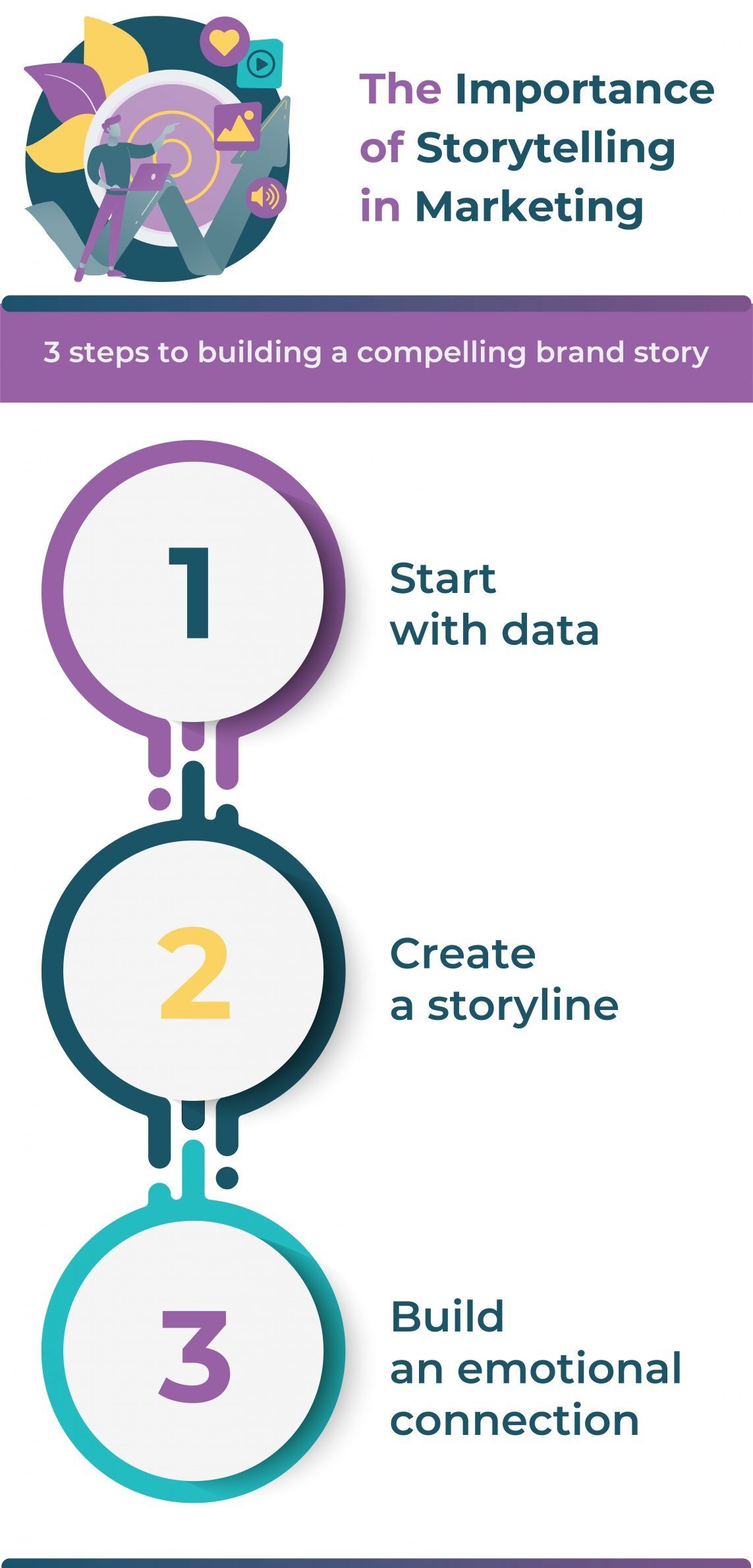What are soft skills?
Soft skills are the interpersonal skills and personal qualities that enable you to communicate effectively, build relationships, and work well with others. These skills are often referred to as “people skills” and can include communication, leadership, teamwork, problem-solving, and time management.
Why are soft skills important for career advancement?
While technical skills are important, employers are increasingly placing a greater emphasis on soft skills when evaluating job candidates for promotions and leadership positions. Here are some reasons why soft skills are essential for career advancement:
Effective communication: Good communication skills are essential for building strong relationships with coworkers, clients, and customers. Effective communication can also help you to negotiate, persuade, and resolve conflicts.
Teamwork: In many industries, teamwork is essential for success. Good teamwork requires effective communication, collaboration, and the ability to work well with others.
Leadership: Strong leadership skills are essential for advancing into management and leadership positions. Leaders need to be able to motivate and inspire their team, delegate tasks effectively, and make tough decisions.
Problem-solving: Problem-solving skills are essential for identifying and solving complex problems. These skills involve the ability to analyze information, make decisions, and implement effective solutions.
Adaptability: In today’s rapidly changing business environment, adaptability is essential for career advancement. The ability to adapt to new technologies, processes, and situations is critical for success.
How to improve your soft skills
Improving your soft skills can take time and effort, but it’s worth the investment in your career advancement. Here are some tips for improving your soft skills:
Take courses or workshops: Many colleges, universities, and training organizations offer courses and workshops on soft skills development. Consider taking a course in public speaking, time management, or leadership to improve your skills.
Practice active listening: Active listening involves giving your full attention to the person speaking and responding in a thoughtful and respectful manner. Practice active listening in both your personal and professional interactions.
Seek feedback: Ask for feedback from coworkers, supervisors, and mentors on your soft skills. This feedback can help you identify areas for improvement and set goals for your personal and professional development.
Read books and articles on soft skills: There are many books and articles available on soft skills development. Consider reading a book on effective communication, leadership, or teamwork to improve your skills.
Join a professional organization: Joining a professional organization can provide opportunities for networking, professional development, and skill-building. Look for organizations in your industry that focus on soft skills development.
In conclusion, soft skills are essential for career advancement and success. Effective communication, teamwork, leadership, problem-solving, and adaptability are just a few of the soft skills that employers look for in job candidates. By investing in your soft skills development, you can improve your chances for career advancement and achieve greater success in your chosen field.




